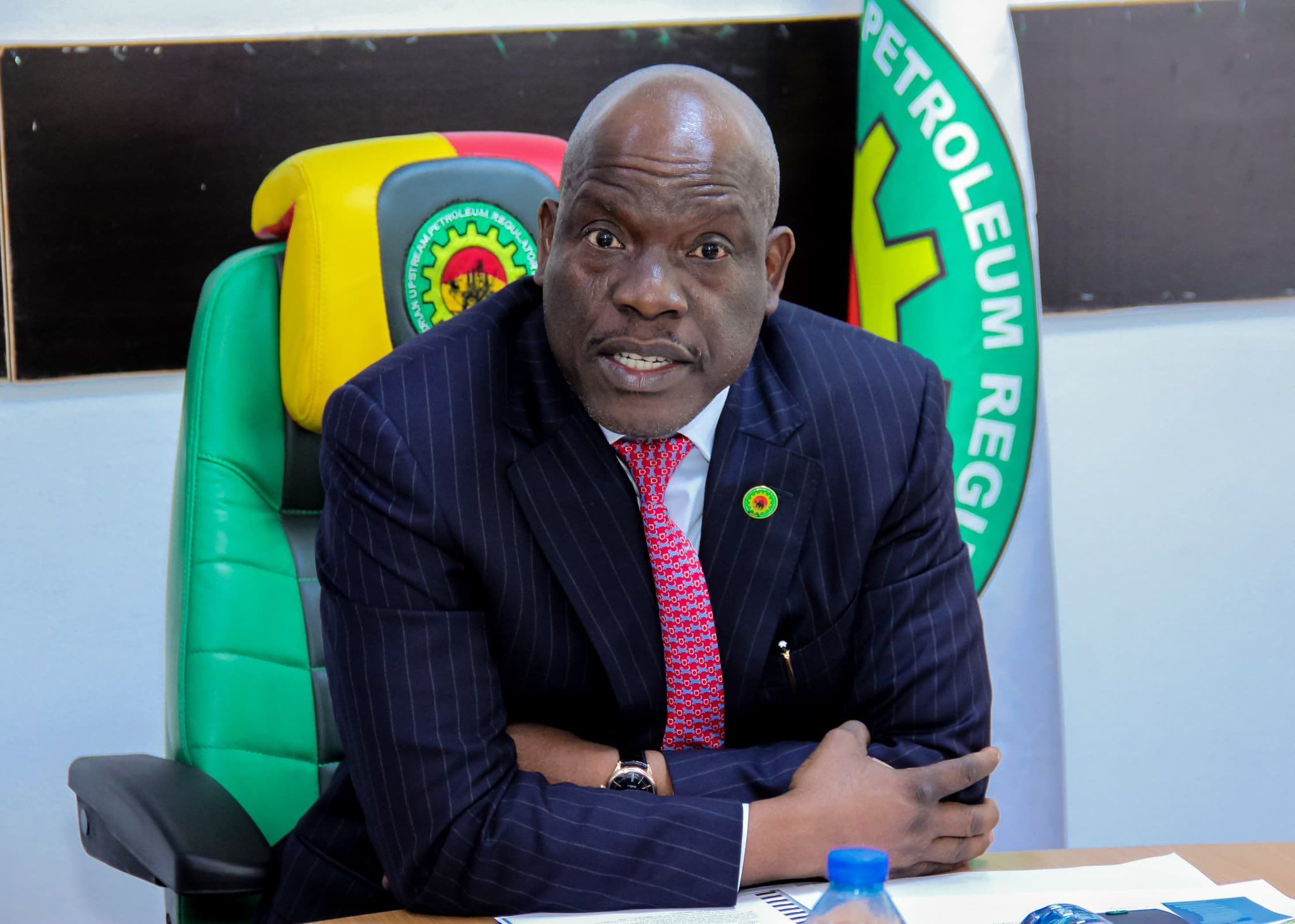
The Nigerian Upstream Petroleum Regulatory Commission (NUPRC) says it has successfully secured over $400 million in pre-sale decommissioning and abandonment liabilities tied to recent oil and gas asset divestments, a major move aimed at safeguarding Nigeria from inheriting environmental damage and financial burdens left behind by departing oil companies.
Speaking on Wednesday at the NEITI Companies Forum in Lagos, NUPRC Chief Executive Gbenga Komolafe, represented by the Commission’s Deputy Director of Corporate Services, Efemona Bassey, revealed that the funds were secured through a combination of Letters of Credit and escrow account arrangements, in full compliance with the Petroleum Industry Act (PIA).
“Without a strong and enforceable regulatory framework, divestment in the oil and gas sector can leave behind massive liabilities,” Komolafe warned.
“We’ve learned from other regions where poor planning led to multi-billion-dollar cleanup bills.”
Komolafe cited examples from around the world that influenced Nigeria’s approach, including:
- North Sea, where decommissioning costs are projected to hit £27 billion by 2032
- Gulf of Mexico, where clean-up efforts have already topped $9 billion
- Alberta, Canada, where over 97,000 inactive wells pose a liability estimated between C$30 billion and C$70 billion
He said these international case studies pushed NUPRC to implement a preventive strategy in recent Nigerian transactions involving companies such as:
- NAOC and Oando Energy Resources
- Equinor and Chappal Energies
- Mobil Producing Nigeria Unlimited and Seplat Energies
- Shell Petroleum Development Company and Renaissance Africa Energy
- TotalEnergies and Telema Energies
What Has Been Secured So Far
- $400+ million in pre-sale decommissioning liabilities (via Letters of Credit and escrow)
- $9.2 million pledged for environmental remediation
- Host Community Development Trust commitments fully honoured
- 94 decommissioning and abandonment plans approved since April 2023, with liabilities totaling $4.42 billion, to be remitted over time into escrow
“These financial safeguards ensure that no asset changes hands without clear accountability for long-term environmental impacts,” Komolafe said.
He added that the framework governing these funds has already been developed following consultations with industry stakeholders and is awaiting formal gazetting by the Ministry of Justice.
Also speaking at the forum, Executive Secretary of the Nigerian Extractive Industries Transparency Initiative (NEITI), Ogbonnaya Orji, reaffirmed that compliance with NEITI’s audit process is mandatory by law for all extractive companies operating in Nigeria.
“Transparency is not optional. It’s the bedrock of public trust, investor confidence, and global best practices,” Orji stated.
He announced that work has begun on the 2024 NEITI Industry Reports, and all companies are expected to comply fully and on time to meet reporting deadlines.
The NEITI boss emphasized that the NEITI Companies Forum is fast becoming a strategic tool for aligning stakeholders on key issues like:
- Beneficial ownership transparency
- Contract disclosure
- Sub-national revenue sustainability
- Climate change disclosures
- Multi-stakeholder accountability frameworks
At the forum, key industry players raised concerns over what they described as a growing burden of overlapping data and payment demands from multiple government agencies.
Gwueke Ajaifia, Chairman of the NEITI Companies Forum, urged the agency to escalate this issue to the Presidency, warning that such bureaucratic friction continues to frustrate operators and scare off investors.
Dele Ayanleke, President of the Miners Association of Nigeria, also called on NEITI to use its international connections and local mandate to ensure extractive sector concerns are prioritized by government decision-makers.
Adding a regional voice, Taiwo Abdel Jeleel Olasupo, a representative from NEITI’s National Stakeholders Working Group for the South-West, highlighted the untapped potential of the region’s mineral resources, urging both investors and regulators to seize the opportunity to drive growth and job creation.
Looking Ahead
Komolafe said that NUPRC’s firm stance on pre-sale liabilities is designed to protect host communities, ensure environmental responsibility, and maintain regulatory integrity in the sector.
“The days of walking away from oilfields and leaving the cleanup to the Nigerian people are over,” he declared.
As Nigeria moves towards a future shaped by the Petroleum Industry Act, regulators like NUPRC and watchdogs like NEITI are pushing for a new era of accountability, sustainability, and strategic foresight in managing the nation’s vast natural resources.



